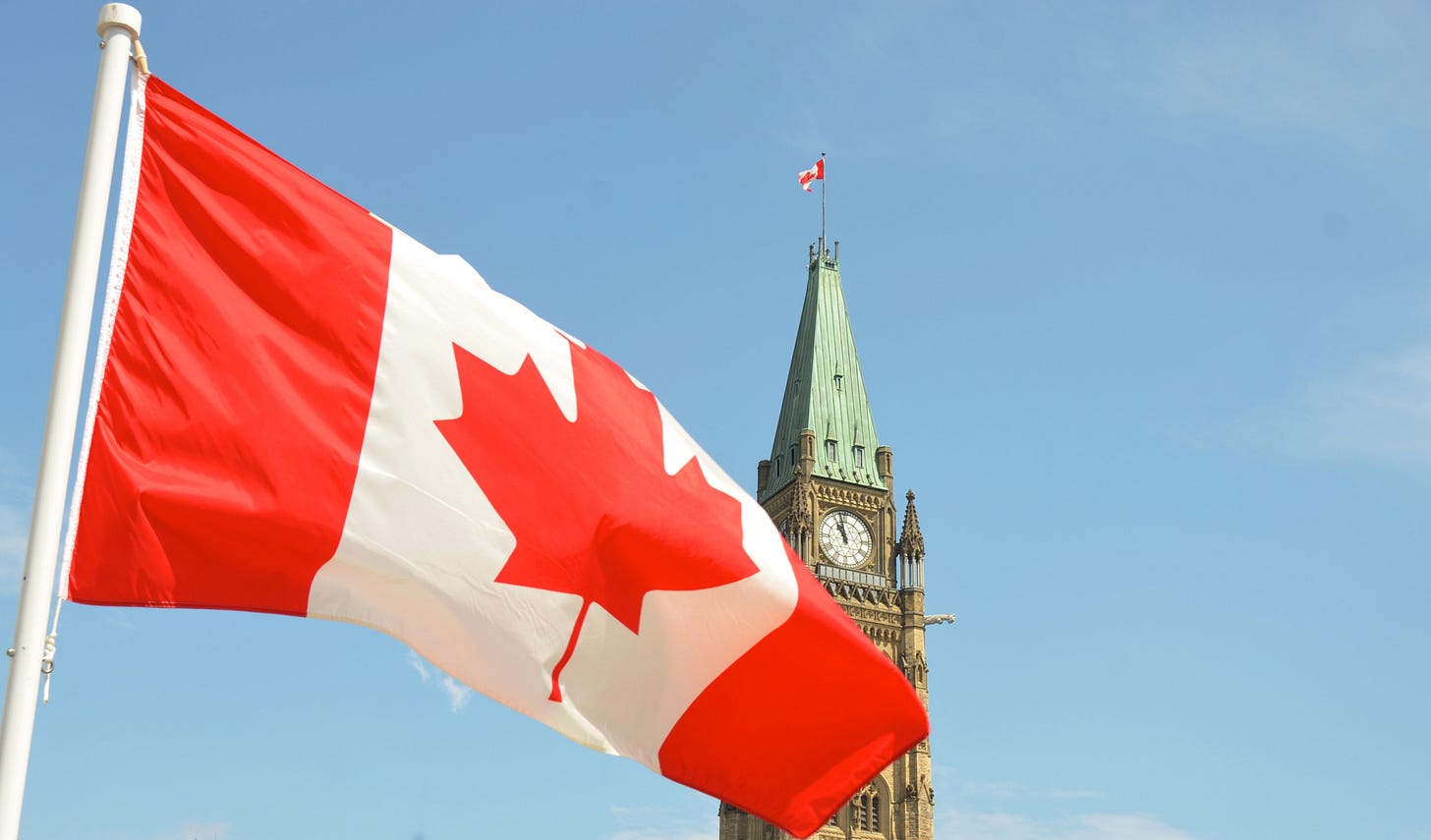Dr. Jaspreet Bal: Grateful To Be Canadian, But I’m Not Celebrating Canada Day
The grateful feeling of being safe from the Indian state comes with guilt. The guilt comes from shame as we continue to see reports of unmarked graves of Indigenous children stolen from their homes.
Dr. Jaspreet Bal
June 30, 2021 | 3.5 min. read | Opinion
As an out-of-touch professor, a group of students once taught me what the term “problematic fave” meant. It was inspired by a blog that used to take media, celebrities, and movies that were your favourite, and shows them being super problematic.
I suddenly felt I had been given a term for something I had experienced a lot. Turns out there was an actual term for when one of the singers in your childhood boy band said something racist or homophobic.
This idea that you could experience two things at once, love something and realize it was super problematic, is now coming back to me as I think about the looming Canada Day celebrations.
Much like the boy bands of my childhood, I was raised to unequivocally love Canada. I was taken to the picnics of local Members of Parliament, given Canadian flags, sang the national anthem, all while I was repeatedly told that we were lucky to be in “the greatest country in the world”.
This deeply internalized mantra is not lost on me. I am sitting here with my fully vaccinated family while COVID rips through India. The Indian state followed up on the genocide of Sikhs with the continued erosion of our land, water, language, and wealth. All this while I get paid a full salary to sit in my outdoor living room and answer emails. I am an immigrant dream come true.
I am...grateful.
There it is.
I am grateful for being Canadian.
I would not want to be anywhere else. This is the only nationality I have ever known. While I am incredibly proud of being Punjabi, I have no desire to be Indian and I am painfully aware of the privileges afforded to me by my Canadian citizenship.
The grateful feeling of being safe from the Indian state comes with guilt. The guilt comes from shame as we continue to see reports of unmarked graves of Indigenous children who were stolen from their parents in an act of genocide and never came home. When I try to empathize, when I try to think about the children in my life being taken away and dying, I have to stop, it is too painful. I can opt-out of the thought experiment when my throat starts to close. For the people whose land I am on, there is no opting out.
Maybe conversations about brown settler guilt are not useful. We continue to experience so much violence and racism on this land ourselves. Also, naming my guilt makes me the settler that is centering my feelings instead of focusing on someone else’s pain. However, Baaz is for the Sikh community, and I have not seen this emotion being named in our circles yet. So I offer my own reflections in case they speak to yours. I am suggesting we move beyond the oppression olympics and turn our guilt into action.
I am struck by the parallels of Indigenous experiences to Sikh history, and the cool indifference that time and distance have given us. I think of the work started by Jaswant Singh Khalra and how his legacy and work are being carried forward by Parmjit Kaur Khalra.
How crazy did we feel when we did not know where our dead were? We did not know if they were even dead. We needed to know. We needed justice. Jaswant Singh Khalra gave up his life trying to find answers and get justice. With time that urgency has faded and been replaced by questions of “Why do we need to cancel Canada day?” and cries of “Be grateful for being Canadian”.
Empathy is not a prerequisite for solidarity. We should be able to stand with the oppressed without fully understanding their story. It seems, however, even with empathy, we are failing.
For every Canadian-Sikh the day is going to look different. For the new Canadian it might be the first time they ask who Indigenous people are and why we are having this conversation. For the established immigrant it might be another day of hustle, of being too busy working to ask questions beyond where is my next mortgage payment coming from. For the homemaker, it might be another thankless day of organizing activities she never gets to participate in. For the Member of Parliament, it might be a day of well-rehearsed, overt national pride.
For my family, we will be sitting it out. We are deeply grateful for being Candian. We do not feel insecure in our identities and do not need performative celebration so we are not labeled “ungrateful immigrants”; this confidence and privilege took two generations to build. We will be remembering the history of this country. We will continue our work through the World Sikh Organization in supporting residential school survivors through the Restoration of Identity project hosted by Toronto Council Fire.
For us, coming from violence and genocide means we cannot celebrate benefiting from the genocide of others. There is not enough cognitive dissonance to get us through that celebration.
Dr. Jaspreet Kaur Bal is a Child and Youth Care Professor and Practitioner. Her practice involved radical youth work with underserved IBPOC populations across North America. A community organizer and activist, Bal serves on the board of the World Sikh Organization and is the cohost of the podcast #AskCanadianSikhs.
Baaz is home to opinions, ideas, and original reporting for the Sikh and Punjabi diaspora. Support us by subscribing. Find us on Twitter, Instagram, and Facebook at @BaazNewsOrg. If you would like to submit a written piece for consideration please email us at editor@baaznews.org.


